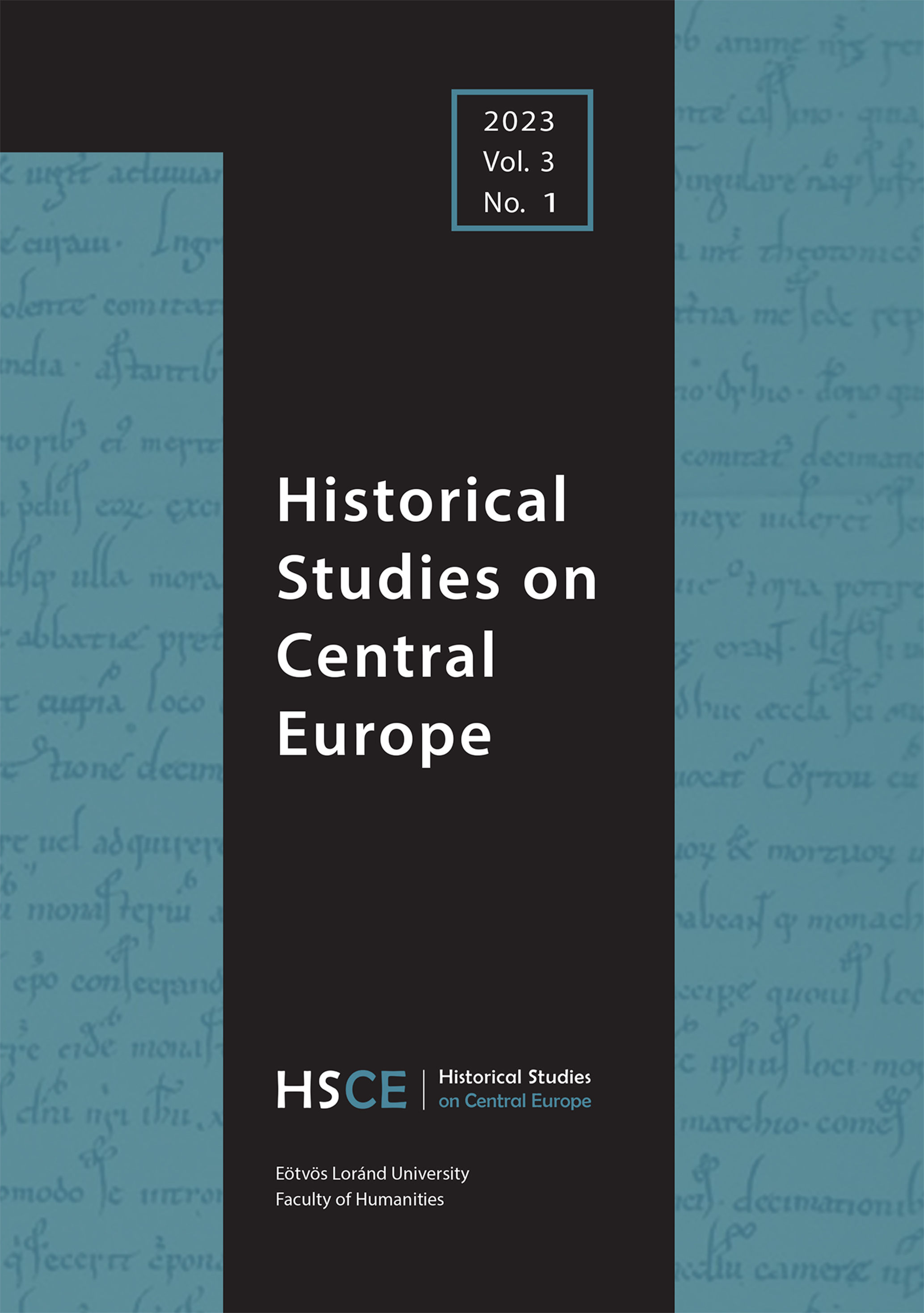Published 31-07-2023
Keywords
- the chronicle by so-called dalimil,
- medieval historiography,
- reading medieval historiography,
- nationalism,
- historical narratives
How to Cite
Copyright (c) 2023 Vojtěch Bažant

This work is licensed under a Creative Commons Attribution-NonCommercial 4.0 International License.
Abstract
The paper examines literary aspects of the old Czech chronicle in verses by the so-called Dalimil. It inquires into various approaches to the chronicle by both medieval and (early) modern readers. The paper argues that medieval authors read and interpreted the chronicle from diverse perspectives and emphasized different dimensions of the narrative. The second redaction of the chronicle from the second third of the fifteenth century, known for stressing the chauvinistic nationalism of the text, was one possible way of reading the chronicle. Postmedieval editors and interpreters of the chronicle saw it, on the contrary, almost exclusively as a product of medieval anti-Germanism in Bohemia. While contemporary research considers the chronicle primarily as a political manifest, the paper develops the inquiry, approaching the chronicle and medieval historiography in general as multi-layered literature combining religious, identity-centred, political, and imaginative aspects of history writing.


